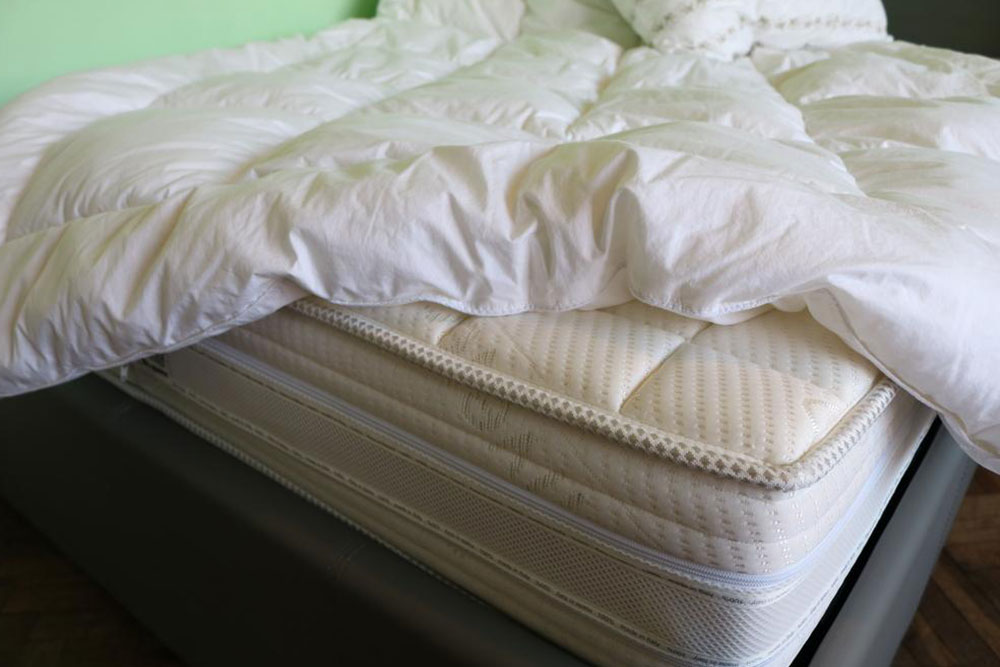Comprehensive Guide to Easing Ear Congestion and Restoring Comfort
This comprehensive guide provides detailed insights into causes and effective treatments for ear congestion. It covers home remedies like warm compresses, ear drops, and pressure equalization techniques, as well as professional procedures such as wax removal. Learn how to manage ear fullness, avoid complications, and when to seek medical help. Preventive tips include staying hydrated and managing allergies. Proper understanding and timely treatment can help restore ear health, reduce discomfort, and improve hearing and balance. A must-read resource for anyone dealing with ear blockage issues.

Comprehensive Strategies for Easing Ear Congestion and Restoring Comfort
Feeling a sense of fullness, pressure, or blockage in one or both ears can be quite uncomfortable and even distressing. This sensation, often interfering with hearing and balance, is commonly referred to as ear congestion or ear blockage. If you've ever experienced muffled hearing, ringing, pain, or a feeling of fullness in your ears, you are not alone. Many people encounter this issue, which can stem from various underlying causes. Understanding these causes and effective relief methods is essential to managing symptoms and preventing complications.
In this detailed guide, we will explore the common causes of ear congestion, effective home remedies and medical treatments to relieve blockage, and tips to prevent future episodes. Whether your ear fullness is due to wax buildup, sinus infections, allergies, or pressure changes from flying or diving, this article provides comprehensive insights to help you regain comfort and restore ear health.
Excess earwax: Earwax serves as a natural protector of the ear canal, trapping dust and debris. However, when it accumulates excessively, it can cause blockage, muffled hearing, and discomfort. Removing excess wax safely is key to relief.
Fluid buildup: When fluids become trapped in the middle ear due to infections, allergies, or pressure fluctuations, they cause a feeling of fullness and can impair hearing.
Sinus infections and allergies: Sinusitis causes swelling and inflammation in the nasal passages and Eustachian tubes, leading to pressure and congestion in the ears.
Barometric pressure changes: Rapid altitude changes during flights, mountain drives, or diving can disturb ear pressure balance, leading to discomfort.
TMJ disorders: Problems with the temporomandibular joint may cause ear discomfort and a sensation of fullness due to pressure on nearby nerves and structures.
Other health conditions: Conditions such as Meniere's disease, ear tumors, or infections might also contribute to persistent ear blockage and require medical evaluation.
Effective Home Remedies and Medical Procedures for Ear Congestion Relief
Addressing ear congestion promptly is important to avoid complications and discomfort. Below are various strategies, from simple home remedies to professional interventions, tailored to different causes:
Warm compress application: Applying a warm cloth or heating pad to the affected ear can help reduce inflammation, promote blood flow, and alleviate discomfort. Be sure to use a moderate temperature to prevent burns.
Over-the-counter ear drops: Earwax softening drops, such as carbamide peroxide, can facilitate easier removal of wax naturally or with professional assistance.
Gentle ear irrigation: Using a bulb syringe or specialized irrigation kits with warm water, under guidance or by professionals, can effectively remove excess wax without risking injury.
Valsalva maneuver: Gently pinching your nose closed and softly blowing can help open the Eustachian tubes, balancing pressure inside the ear. Avoid forceful blowing to prevent injury.
Yawning and chewing: These actions naturally open the Eustachian tubes, relieving pressure and reducing fullness.
Decongestants and antihistamines: Medications like nasal sprays, tablets, or drops can reduce swelling in nasal passages and Eustachian tubes, alleviating congestion caused by allergies or sinus issues.
Steam inhalation: Breathing in steam from hot water or showers helps loosen mucus and soothes inflamed passages, providing relief from pressure.
Professional wax removal: If wax buildup persists, consulting an ENT specialist ensures safe and painless removal, avoiding damage to the ear.
Ear massage and gentle movements: Lightly massaging around the ear and jaw can promote drainage and reduce pressure sensations.
Chiropractic adjustments: In some cases, realignment of the jaw or neck through chiropractic care can relieve pressure on the ears.
Toynbee technique: Swallowing while pinching the nose helps equalize pressure and is a simple method to relieve ear fullness.
Environmental control: Using dehumidifiers to reduce humidity levels helps prevent mucus buildup, especially in high-humidity environments.
Stay well-hydrated: Drinking plenty of water helps thin mucus, facilitating natural drainage from the Eustachian tubes.
While these methods can alleviate mild to moderate ear congestion, persistent or severe symptoms should prompt a consultation with a healthcare professional. Untreated ear blockages may lead to complications like hearing loss or infections.
Potential Risks and When to Seek Medical Help
Hearing impairment: Extended blockage can cause muffled hearing or temporary deafness, affecting communication and daily activities.
Persistent ringing (tinnitus): Continuous noise or ringing sounds can be disruptive and signal underlying issues requiring examination.
Discomfort and severe pain: Ongoing pressure or pain warrants prompt medical evaluation to prevent complications.
Dizziness and balance problems: Inner ear issues may impair equilibrium, leading to falls or accidents.
Headaches: Increasing pressure can trigger headaches and migraines.
Infections: Signs of infection like fever, pus, or severe pain necessitate urgent care.
In conclusion, understanding the causes of ear congestion and utilizing appropriate remedies can significantly improve your quality of life. Always prioritize professional medical advice if symptoms persist or worsen, especially when accompanied by severe pain, dizziness, or hearing loss. Taking timely action ensures ear health and overall well-being.





